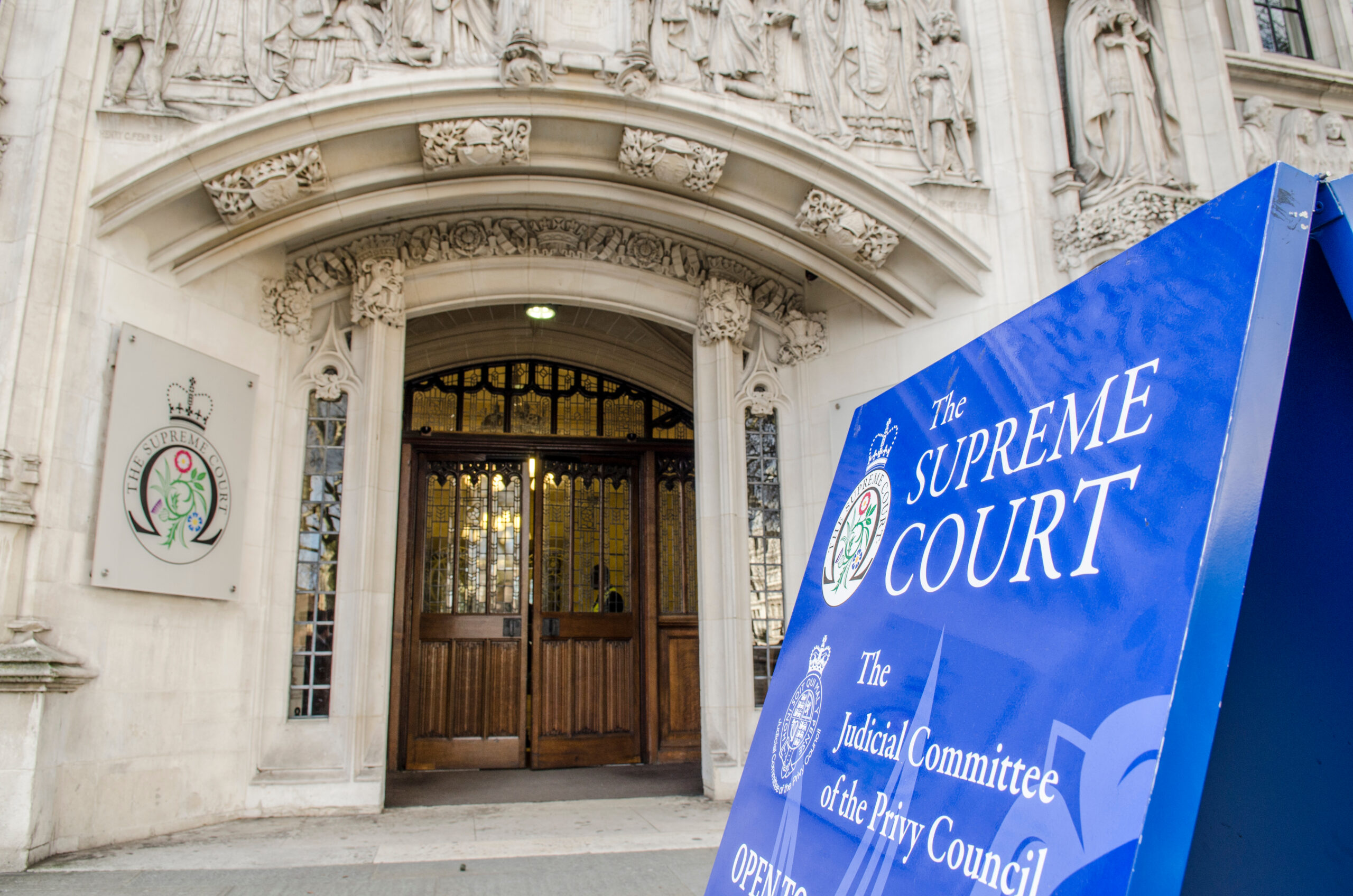Law Society Stands Firm on Judicial Review
Summary
The Law Society has stood firm on the importance of Judicial Review in its submission to the Independent Review of Administrative Law chaired by Lord Faulks . It suggested 4 improvements would limit the need for citizens to need to […]

The Law Society has stood firm on the importance of Judicial Review in its submission to the Independent Review of Administrative Law chaired by Lord Faulks .
It suggested 4 improvements would limit the need for citizens to need to resort to Judicial Review namely :
- Improve access to legal aid. Early legal advice would help improve evaluation of the merits of claims early on and encourage settlement.
- Strengthen the pre-court stage. A significant proportion of judicial review cases are settled before the issue reaches the court, suggesting this is a useful process. Greater flexibility to extend time limits where appropriate would allow for more negotiation.
- Strengthen the duty to disclose information, to guarantee full and timely disclosure of all relevant material held by public bodies. Delays in disclosure often lead to increased costs for both sides.
- Bring back the right of appeal in immigration. Since this was pared back the number of immigration judicial reviews has gone up as other avenues of appealing Home Office decisions have been closed.
Law Society research suggests that judicial review cases are settled before court roughly half of the time (49%), rising to 90% in some areas such as immigration law. Nearly 80% of claims settled before court were in favour of the claimant, indicating they were valid claims.
Law Society president David Greene said: ’Judicial review allows ordinary people to ask an independent judge to decide whether a public body has acted lawfully or not. Anyone affected by a public body’s decision must be able to have the mechanism to challenge it. There is an imbalance of power between individuals and the state, which judicial review bridges – it must be effective and accessible to all.
'Judicial review has a vital place in the UK’s constitutional balance of powers between the executive – the government – parliament and the courts. It must continue to have the teeth to provide a check on the misuse of executive power, whichever the government of the day, and to ensure accountability of all public bodies.'